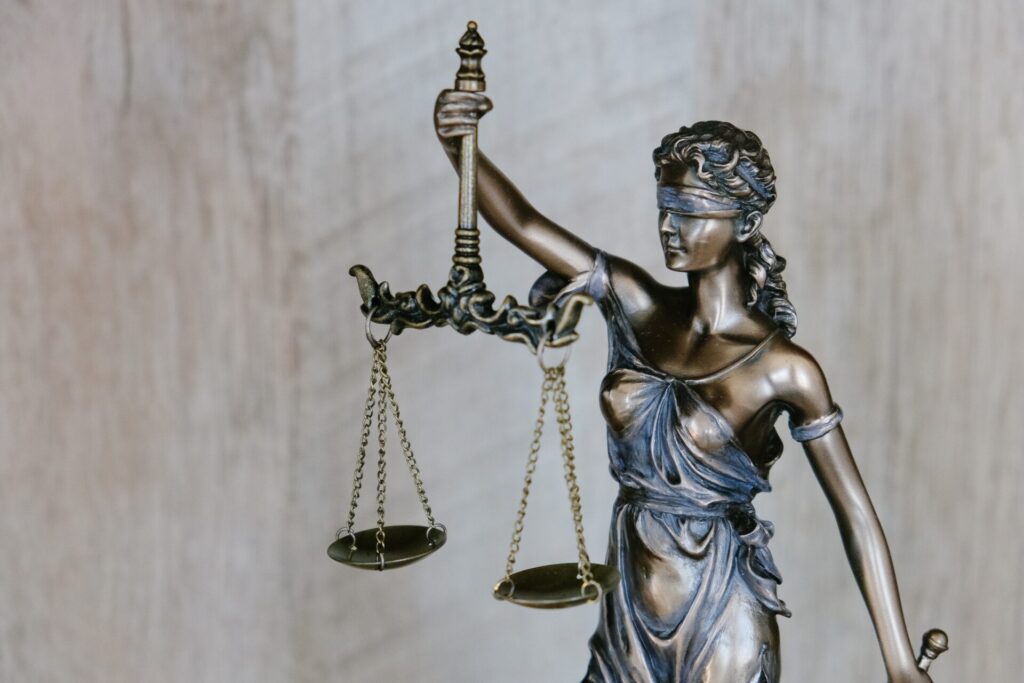
Amid allegations of fraud and conspiracy, the trial of Sam Bankman-Fried, one of the most influential figures in the cryptocurrency world, is heading towards a conclusion. Testimonies from former employees and associates suggest that the founder of FTX may have knowingly misled investors and clients. Will the charismatic leader defend his reputation, or is he facing a prison sentence?
The trial of Sam Bankman-Fried, the founder of one of the leading cryptocurrency exchanges FTX, is entering a crucial phase. Accused of financial fraud and conspiracy, Bankman-Fried faces the possibility of a long-term imprisonment. The prosecution will close its part of the trial on October 26, after hearing nearly twenty witnesses, including former FTX employees, investors, government officials, and law enforcement agents.
A key element of the accusations is the charge that Bankman-Fried knowingly misled associates and clients, standing behind decisions that led to an $8 billion financial gap between FTX and Alameda Research in November 2022.
Bankman-Fried’s defenders, led by Mark Cohen and Christian Everdell, are struggling to present a convincing narrative to the judges. During cross-examinations of the defendant’s former close friends, including Caroline Ellison, Nishad Singh, Adam Yedidia, and Gary Wang, lawyers missed key arguments that could have been in their client’s favor. Collaborating with the government, this group accused Bankman-Fried of inciting them to commit crimes.
For trial observers, including lawyers specializing in cryptocurrency law, the situation is alarming. When a case is brought by the government, there is a 95 percent probability of charges being filed, highlighting the significant challenge the defense faces. Nonetheless, prosecutors have the duty to prove the crimes.
One of the most dramatic moments of the past week in the courtroom was the testimony of a former director of engineering at FTX. Singh told the jury that it was Bankman-Fried who instructed him to make investments worth millions of dollars through loans from Alameda. Singh admitted that he was unaware that these funds came from FTX client deposits. He faces up to 75 years in prison for fraud related to cryptocurrency trading.
The mood in the courtroom became even more tense when District Judge Lewis Kaplan lost patience with lawyers representing both sides, after a witness, who had fled from Texas for the trial, testified for just 15 minutes.
“This week we had a witness who knew absolutely nothing… And now we’re bringing someone from Texas […], who also knows nothing or very little,” said Judge Kaplan, expressing dissatisfaction with the witness strategies from both the prosecution and defense.
In recent days, FTX’s former chief legal advisor, Can Sun, presented a spreadsheet used to track loans totaling $2.1 billion granted to Bankman-Fried and other high-ranking executives. Sun testified that he was not aware of the joint use of funds by the exchange with Alameda. He is also currently cooperating with the government in this case.
Bankman-Fried could spend up to 115 years in prison if convicted of fraud and conspiracy to commit it. His trial casts a shadow over the cryptocurrency environment, raising questions about ethics and transparency in this rapidly developing sector of finance.
Photo by Tingey Injury Law Firm on Unsplash
